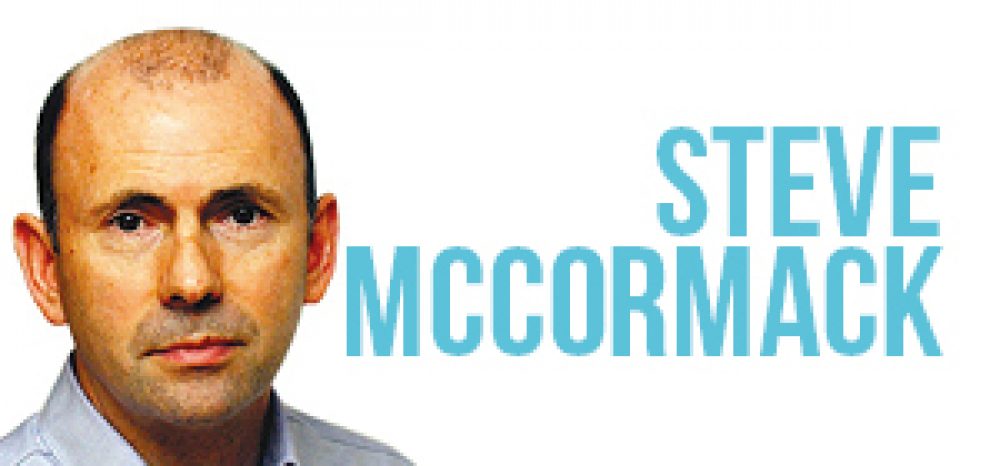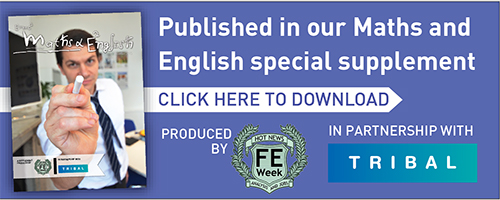Steve McCormack concedes teachers haven’t always succeeded in demonstrating how maths skills will be relevant to students after they leave education. Yet numeracy skills are needed more than ever when dealing with fast developing technology at work.
Go on, admit it! You’ve taken a peek at Channel 4’s Educating Yorkshire on Thursday nights. And whatever you think about the kids, the teachers, the school, or the girls’ hairdos, you can’t deny it’s engaging, thought-provoking television.
For me, one particular thought crystallised after the recent episode in which the saintly maths teacher Mr Steer sweated blood and tears to get his — er, I think the word is challenging — year 11s through their GCSE with a Grade C.
The thought in question was prompted by the girl who, in tones every maths teacher in the land has heard a million times, said: “I don’t need maths, sir, cos I’m going to do hairdressing at college.”
We all know that 16-year-olds who waltz off to college under the impression that they have left numbers behind will soon experience a rude awakening, when their hairdressing tutor starts talking about angles of cut, or precision-mixing amounts required for tints and dyes.
We should admit we haven’t been smart enough in shaping maths lessons.”
The same scenario is played out, of course, on college building and catering courses, perhaps too when students studying graphic design and hospitality get their first assignments back.
You can’t leave maths behind the morning after the year 11 prom.
But, if we’re honest, we can see where those Yorkshire year 11 girls were coming from.
We should admit we haven’t been smart enough in shaping maths lessons, and the qualifications they lead to, so the relevance to the world of work is obvious.
Part of the problem is people argue it’s a rare workplace where the boss greets you in the morning with a request to solve a couple of quadratic equations.
Our task, as advocates for maths-education, is to demonstrate the ubiquitous demand for the application of the generic, transferable skills learned in maths lessons.
To be really convincing, we have to go further than point out that bricklayers and chefs need to be good at measuring and most people in administrative roles need to be able work out percentages.
This is not a straightforward task, because in our 21st century industrial landscape, the application of mathematical reasoning is usually far from explicit.
However, a book published a few years ago — called Improving Mathematics at Work: The need for techno-mathematical literacies — by academics at the Institute of Education in London addressed this challenge. Drawing on extensive workplace-based research, the team identified a crucial attribute — which they called techno-mathematical literacy — the best and most effective employees exhibit.
This attribute manifests itself, for example, in the ability to interpret graphs and charts accurately, identify the key variables in any system, and see how they relate to each other.
People with techno-mathematical literacy don’t slavishly gaze at their lap-top screens and report that “computer says no”.
They think about the software underneath the bonnet and try to understand what it shows and its limitations. All of these skills can best be nurtured among students with a solid maths education, who have developed mental disciplines such as precision, estimation, experimentation, and the ability to present logical arguments, with one step flowing from another.
Maths is the only subject that pulls all these skills together, and, for the sake of future generations, we’ll continue to bang on about it.
Steve McCormack, communications manager for the National Centre for Excellence in the Training of Mathematics









Your thoughts